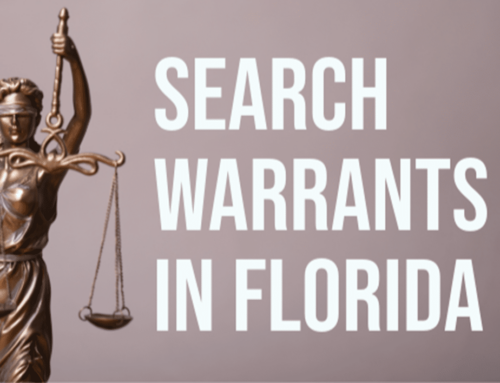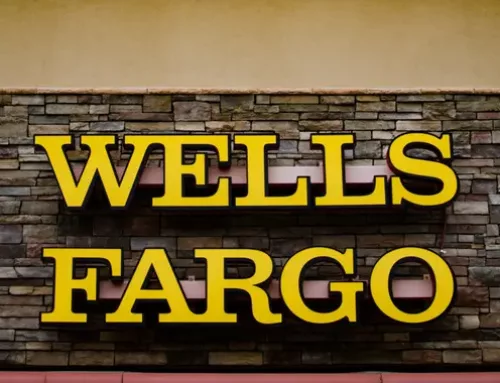Chances are, you’ve heard of posting bail. But what is ROR, and what does ROR mean in court? As a defendant, here’s what you need to know about this type of release.
What is ROR Bail?
First, you need to understand what bail is. Bail is a monetary condition of pretrial release that requires you to deposit a certain sum of money with the court in order to be released from jail. The exact amount depends on several factors, including the seriousness of the crime you are charged with. ROR is a way for the court system to ensure you will appear for your court appearances if you are released from jail.
ROR
ROR stands for release on your own recognizance. What does on your own recognizance mean? It’s essentially a promise to return for a future court appearance. You must sign a document promising to return when the court notifies you. When a judge decides to give you a ROR, it’s because he or she has decided that you are not a flight risk.
It’s a sign that the judge has some faith that you will appear in court as directed. ROR’s occur primarily in cases where defendants have been arrested for state crimes. ROR’s are rarely granted to defendants who have been arrested for federal crimes and appearing in U.S. District Court. In Florida, minors are not entitled to bail, but rather released under a court’s supervision to the custody of a parent or guardian.
When Is A Release On Your Own Recognizance Granted?
Generally, the court grants ROR’s in less serious cases, cases where the judge finds that there is no probable cause for the defendant’s arrest or cases where the judge has some real questions about the circumstances of the defendant’s arrest. A judge will weigh a variety of factors before granting a ROR, including:
● How serious the charged crime is
● A defendant’s prior contacts with the criminal justice system and whether the defendant has appeared as ordered in previous cases
● The likelihood of the defendant taking flight to avoid prosecution
● The defendant’s ties to the community
● The defendant’s employment
● Potential sentence the defendant could receive if convicted
Who Should I Call if I’m Arrested & Charged with a Crime?
If you or a loved one has been arrested and charged with a crime, you will be brought before a judge within 24 hours of your arrest for the court to set a bail bond in your case. Most state crimes have pre-determined bond amounts set by a “bond schedule” which means you are often able to bond out of jail before you even see a judge. If you have not bonded out and are brought to court for your first appearance (also known as a “bond hearing”) a lawyer can argue on your behalf for the lowest reasonable bond and, in some cases, argue for a ROR.
If you or a loved one has been arrested and needs help obtaining a reasonable bond, contact Mr. Edelstein today for a CONFIDENTIAL CONSULTATION.








